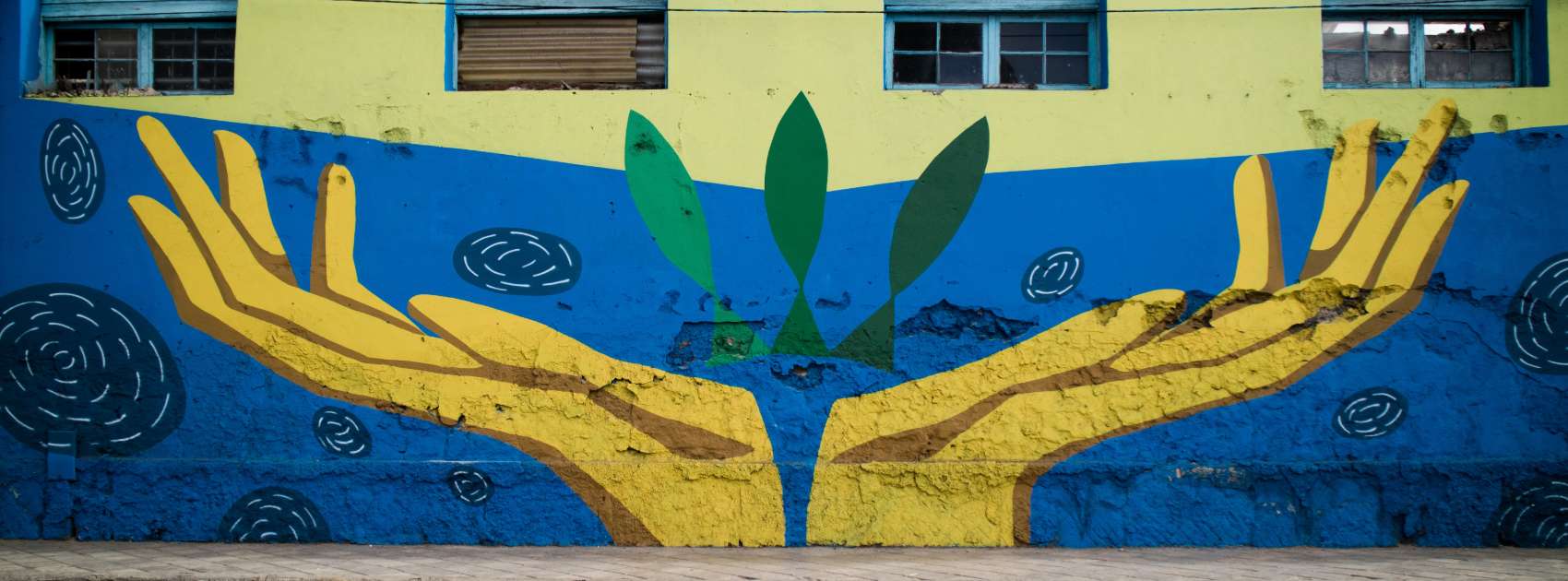Cabo Verde
Cabo Verde has benefitted from preferential access to the EU market under the GSP+ since 2012, after having graduated out of the EBA and having ratified the 27 core international conventions on human and labour rights, environmental standards and good governance as required from GSP+ beneficiary countries. In 2025, the country moved from lower- to upper-middle income status, with a per-capita income of $5,273 in 2024. EU imports from Cabo Verde amounted to €68 million in 2024 (after €79 million in 2023), and preferential imports under the GSP+ to €52.5 million (dwn from €60.1 million the year before). The EU is Cabo Verde's main trading partner.
What is the GSP+?
The GSP+ is a special incentive arrangement for Sustainable Development and Good Governance that supports vulnerable developing countries. Next to fulfilling the eligibility requirements of the Standard GSP, GSP+ countries are required to ratify 27 international conventions on human rights, labour rights, environmental protection and climate change, and good governance. In order to ensure effective implementation of the conventions as well as compliance with reporting obligations, the EU engages in monitoring activities with the GSP+ countries. GSP+ beneficiaries can benefit from complete duty suspensions for products across approximately 66% of all EU tariff lines.
At a glance: EU preferential imports from GSP+ beneficiary countries (2024, € million)
0.5M (2024)
Population
Parliamentary Republic
Government
7.3% (2024)
GDP Growth
1.0% (2024)
Inflation
$ 2.8B (2024)
GDP
Facts about Cabo Verde's economy
Island Economy
Cabo Verde is a small island economy with limited natural resources and arable land which explains the country's high dependence on the service sector.
Export Products
Cabo Verde's main export products are prepared or frozen fish (e.g. tuna, mackerel, skipjack, or squid) and other products made of fish, such as flours, meals, or pellets.
Trade Partners
Cabo Verde is highly dependent on the EU both as a destination for exports and as a source for imports. Trade with the EU accounted for 61% of total trade in 2024. Other international partners are Angola, China, Türkiye, and the UAE. Their individual trade shares, however, are below 10%.
Economic Structure
Cabo Verde's GDP is dependent on the service sector, particularly the tourism industry, which contributes more than 57% to the GDP. Industry (10%) and agriculture (5%) only contribute a smaller share. Remittances also play an important role for the West African country.
Usage of GSP+ Preferences
Cabo Verde used trade preferences granted under the GSP+ for 79% of its total exports in 2024. The preference utilisation rate, which represents the ratio of preferential imports to GSP+ eligible imports, was 82%.
Trade with the EU
EU total trade with Cabo Verde summed up to €1.5 billion in 2024. 69% of the country's imports originated in the EU in 2024, and 33% of its exports were destined for the EU market.
Cabo Verde and the EU
Imports from Cabo Verde by product section (2024, € million)
Imports from Cabo Verde over time (€ million)
CABO VERDE AND THE EU GSP
Economic Impact
96%
A large share of Cabo Verde's exports to the EU in 2024 were eligible for tariff reductions under the GSP+.
82%
Cabo Verde's preference utilisation rate in 2024.
83%
Share of zero-duty imports from Cabo Verde in 2024.
Preference utilisation and export diversification
EU imports from Cabo Verde (€ million)
Preference utilisation (%) vs. total eligible imports (in € million)
Most of the EU's imports from Cabo Verde are eligible for GSP+ preferences. Eligible imports were volatile over the years and contracted sharply in 2020, then strongly rebounded until 2023, but dropped again in 2024. Cabo Verde's preference utilisation rate was around 90% in most recent years but somewhat dropped to just above 80% in 2023 and 2024. The preference utilisation is particularly high for apparel and footwear (close to 100%). The utilisation rate of the most important product category, fish products, dropped to 89% in 2023 and 82% in 2024.
The largest product sections under the GSP+ (€ million, 2024)
Products of the fishery sector - fish and especially fish preparations - are by far the most important EU imports from Cabo Verde. Whereas imports of fish preparations have increased from 2022 to 2024 (but preference utilisation has decreased), imports of fish have decreased strongly and been overtaken by apparel, footwear, and furniture & toys. Preference utilisation of these product groups is almost 100%, indicating that some export diversification is taking place. Overall, further diversification remains a challenge given the geographic and structural restrictions of Cabo Verde.
SUSTAINABLE DEVELOPMENT AND MONITORING PRIORITIES
The COVID-19 pandemic hit Cabo Verde severely. The small archipelagic country is highly dependent on the tourism sector, and in 2020 the pandemic led to the worst drop in GDP in its history. The crisis reversed the substantial progress achieved on important economic and social development indicators and severely impacted the country’s public finances, placing Cabo Verde among the most indebted countries in the world. During the pandemic, Cabo Verde ensured a successful health policy and vaccination campaign. It also designed and timely implemented efficient measures to preserve the country’s economic and social fabric, which were adopted in close cooperation with international partners.
For more information about Cabo Verde's compliance with the GSP conventions, see the convention compliance database.
Monitoring priorities during the reporting period 2024-2025
Anti-discrimination legislation
Protection against child labour and exploitation
Collective bargaining
Labour non-discrimination
Equal remuneration
Combating drug trafficking
Implementation of environmental conventions
Combating corruption and money laundering
For the reporting period 2024-2025, the EU has focussed its monitoring activities on eight priority areas. Despite the difficult context, Cabo Verde maintained the effective implementation of international conventions and good rates in human rights and corruption perception indexes. Elections (local, parliamentary, and presidential) between October 2020 and October 2021 fully complied with international standards, including on transparency and peaceful acceptance of results.
EU-Cabo Verde Bilateral Development Cooperation
DG INTPA
Access all info about EU-Cabo Verde relations on the International Partnerships website.

